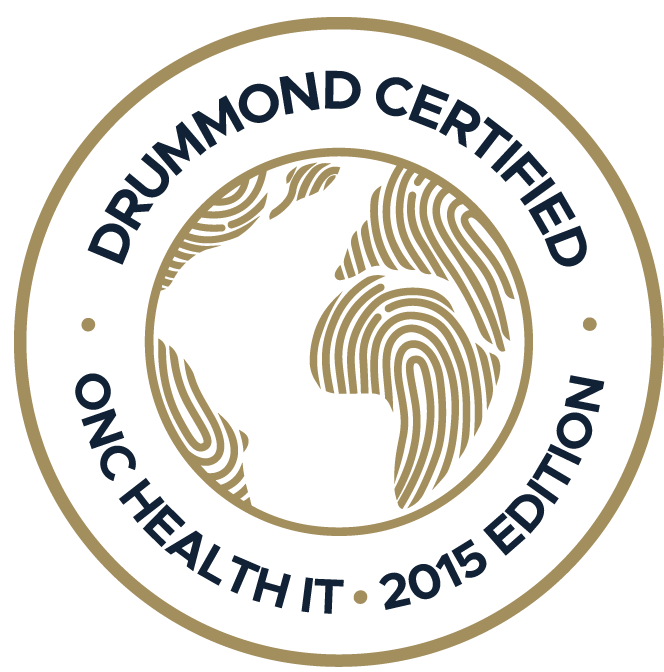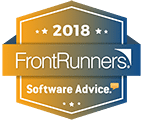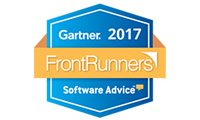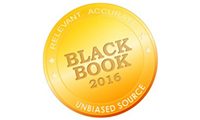Mental Health EHR System
Electronic health records (EHRs) have become a staple of healthcare organizations in the medical field, with adoption by mental and behavioral health clinicians beginning to catch up. EHRs offer a way to simplify documentation for behavioral health services while remaining compliant with critical regulations such as the Health Insurance Portability and Accountability Act (HIPAA). EHR systems have benefits for all mental and behavioral health clinicians, though understanding the differences between practitioners can help clarify how an EHR can benefit you and your organization.
Start Your Free Trial Today
Jump to Key Sections
Different Types of Behavioral Health Clinicians
Let's start with an overview of the different types of clinicians and how they may take advantage of an EHR in different ways.

Licensed Professional Counselors
Licensed professional counselors (LPCs) diagnose and treat mental and emotional disorders. The services provided by LPCs include psychotherapy, which must be well-documented to receive the maximum amount of reimbursement from insurance. The first thing an LPC does with a patient is to assess their mental and behavioral health and come up with a diagnosis. EHRs with multiple assessment tools help reduce the time it takes to find and administer the right assessment, and allow the results to be easily integrated into the patient's chart.
Once an LPC has made a diagnosis, they can use their EHR to make progress notes and charting fast and simple through the use of customizable templates. Because so many LPCs work in hectic environments, the time savings afforded by the use of an efficient EHR can make a significant impact on workflows and allow these clinicians to get more work done.
Certified Alcohol and Drug Abuse Counselors
Certified substance abuse counselors often need more medical information from their patients than other clinicians do. Someone seeking treatment for opioid addiction should be able to share the results of drug tests with their counselor to promote better accountability, for example. It may also be useful for the treating clinician to know what treatment-related medications the patient may be receiving from their doctor.
While this information can be communicated by the patient, an integrated behavioral healthcare EHR with a variety of health information exchange and laboratory compatibilities makes sending and receiving this crucial information more seamless.

Marriage and Family Therapists
Marriage and family therapy can be complex in terms of knowing how to bill correctly, and ensuring patients' information is adequately protected throughout the course of treatment. ICANotes contains a variety of templates for couple and family therapy that make it easy to document the progress of each participant and ensure the correct codes are used for the sessions. Our platform is also fully HIPAA-compliant, so that information is protected with an array of strong security features.

Psychologists
Psychologists perform all of the services listed above, and in some cases, they can even prescribe medication. Five states allow clinical psychologists to prescribe certain mental health medications to treat their patients' disorders: Idaho, Illinois, Iowa, Louisiana, & New Mexico.
They can also prescribe in the Public Health Service, the military, the Indian Health Service, and Guam.
EHR Features That Benefit All Clinicians
No matter what a clinician's specialty or the size of the practice, EHRs provide a suite of features that make mental and behavioral healthcare simpler and more streamlined. These are the top five features that any clinicians can use to enhance their workflows and quality of care.
1. Practice Management
The day-to-day administrative tasks needed to run a behavioral health organization can weigh clinicians down. ICANotes includes practice management features such as scheduling and managing appointments as well as uploading, sending and receiving documents securely. These features can allow a single practitioner to avoid hiring administrative help or reduce the need for larger organizations to expand their staff.
2. Security Features
HIPAA compliance is one of the most critical features an EHR can have, as being caught in a violation can result in fines in the thousands to millions of dollars. For a small practice, even one HIPAA violation can result in bankruptcy. The features every clinician needs to ensure complete compliance and stay a step ahead of current regulations include:
- Individual user authentication
- Access controls
- Audit logs
- Alarm and event reporting
- Private, password-protected note capability
- 128-bit encryption
Compliance is something that every practice must ensure, and a compliant behavioral health EHR is a must for all responsible providers.
3. Billing and Coding
All clinicians spend a huge portion of their time on coding and billing. A wrong code will result in denial of a claim or less than the maximum level of reimbursement, leading to lost profits and lost time correcting the mistake. ICANotes has an automatic coding feature that reduces inaccuracies and drastically cuts down on the time clinicians spend inserting and double-checking codes.
Important billing features include the ability to manage patients who are paying without insurance, submit secondary claims, create batch statements and customize statements.
4. Patient Communication
Patient satisfaction is crucial to successful treatment, and better communication through an EHR's patient portal can help improve the patient experience. Patients can fill out forms electronically, access information about their treatment and receive vital communications all online. Giving patients a stronger hand in their own care can improve treatment retention as well as outcomes.
5. Charting
Charting is the most time-consuming element of mental and behavioral healthcare. If a clinician is using an EHR designed for medical professionals, they are likely to spend far more time than necessary typing information into the system. ICANotes offers a library of clinically robust templates that clinicians can customize for their specialty, reducing the time spent entering documentation data.
Rather than typing, clinicians navigate an intuitive series of menus and click to enter information. Once a clinician becomes familiar with the platform, the time it takes to create progress notes for individual, group, family and other types of therapy drops down to just two to three minutes.
ICANotes: The EHR for Behavioral Health
ICANotes is the leading EHR for mental and behavioral health clinicians because it was created by and for professionals in the field. With robust, chart-centric documentation capabilities and features that make practice management easy, ICANotes can revolutionize the way you and your organization deliver mental health services. To find out more about how ICANotes works, sign up for a live demo or try your hand at a free trial of the software.
Intuitive, Accessible, Time-Saving
ICANotes - the only EHR software that actually thinks like a clinician.





